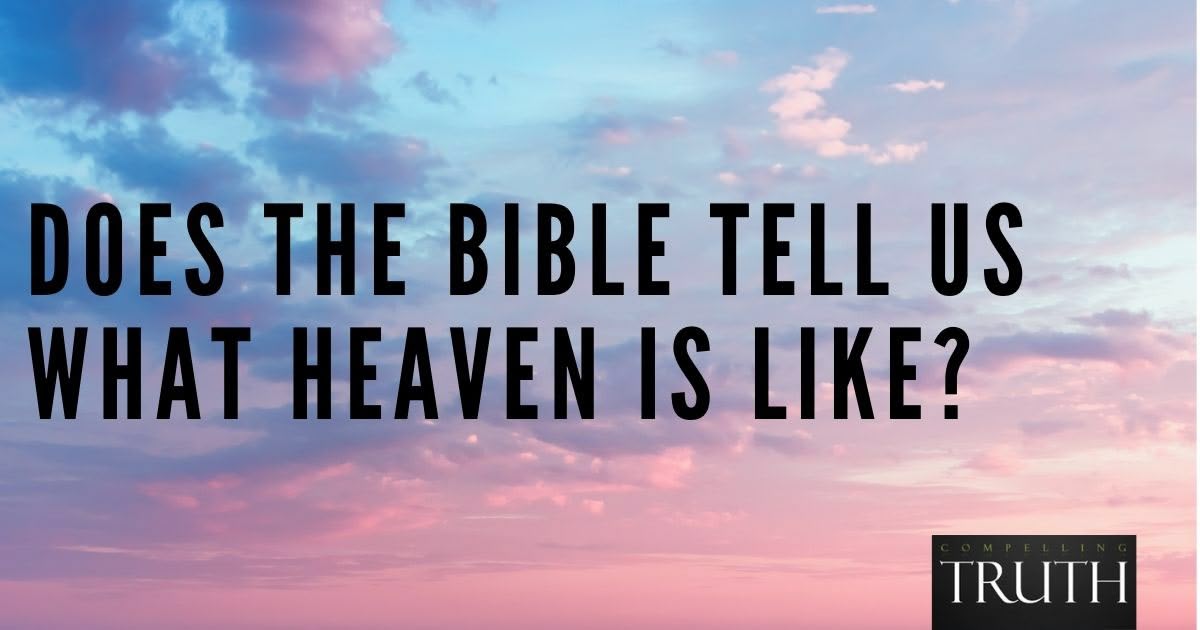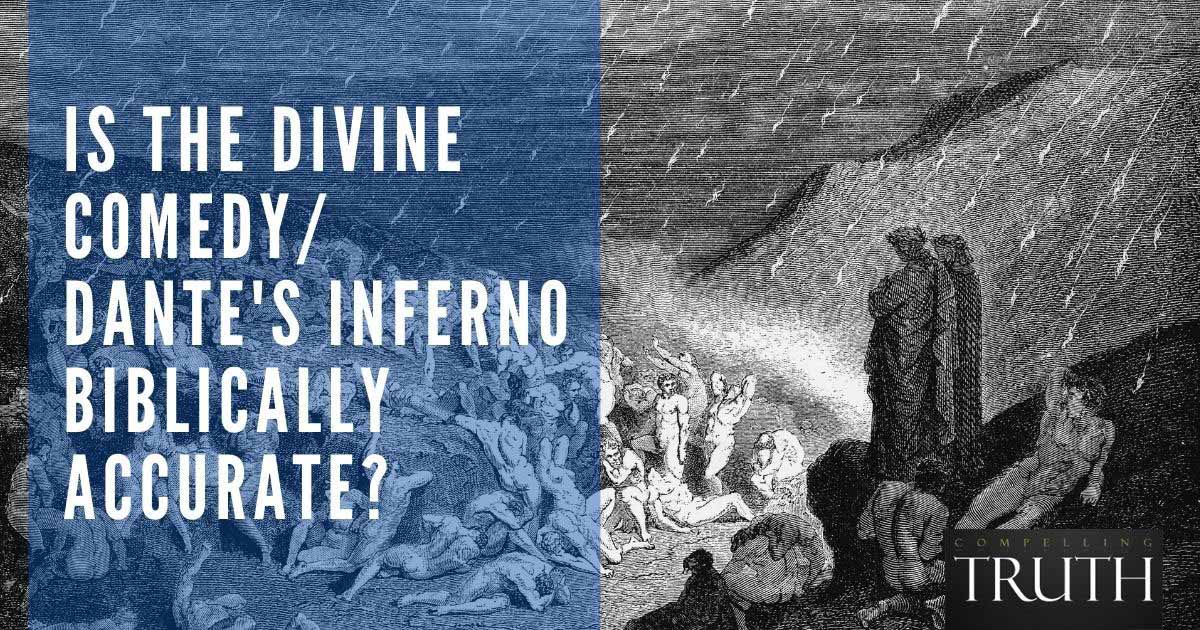what does the bible say?
The Bible describes the future heavenly city as having at least one street of pure gold, as mentioned in Revelation 21:21. There is no explicit indication that the gold is symbolic or metaphorical; thus many interpret this literally, meaning a golden street is a literal feature of the heavenly Jerusalem. There are also symbolic interpretations and implications. The quality of the gold in the city is described as being like clear glass, which could symbolize the full radiance of God's glory. This imagery brings to life God’s unmatched splendor and divine beauty that will fill the new heavens and earth, where nothing lacks perfection. The street of gold—whether a literal street or a metaphorical description—is a powerful symbol of God's supreme worth and the eternal glory that will fill His kingdom.




